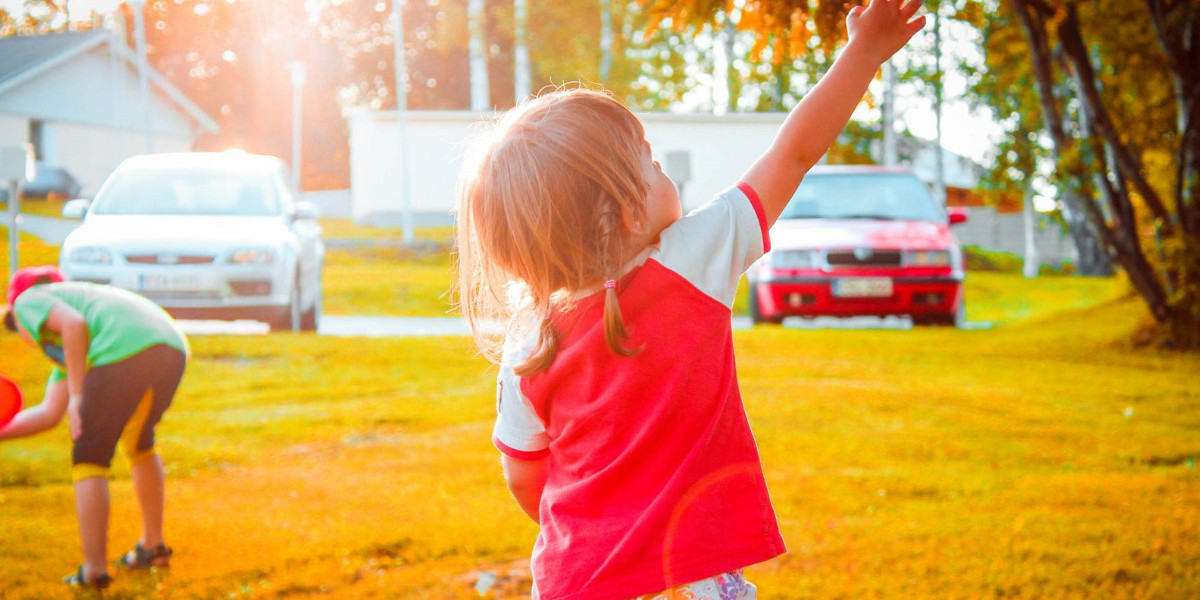hool, a child will explore and engage with other children, collaborate on goals and learn to manage their emotions positively. They begin to form and sustain good relationships with their community, by learning to listen, understand and express themselves with confidence.
Through these small but meaningful acts, a child can gain and boost their confidence while building trust with their peers. This ‘trust’ enhances their understanding of another’s emotions or ‘empathy’, boosting their emotional development.

4 Social Development
The process by which a child learns to interact with their environment and those around them is called social development, and it often comes hand-in-hand with emotional growth. As a child develops individuality and social skills, they learn to communicate their wants and needs, resolve conflicts and build a positive attitude.
Preschool environments provide many of these opportunities for children throughout the day as the children learn, work and play with each other.
The early years of childhood education rely heavily on creating a warm and trusting relationship between a child and their community. Those of whom children interact with the most: parents, peers and caregivers, make up their community. By providing a positive and loving environment, children build a sense of self-confidence.
Another important factor of a child’s overall development and self-esteem is the prepared environment. A child should be able to complete a task with full confidence, which is why every tool meant for a child should be within reach. This vital component means that the classroom or play area is conducive to learning while providing opportunities for a child to engage with others.
Now that you have a clearer understanding of how preschool can set the stage for your child’s future successes, check out the Montessori approach at TCH, and the significant benefits it offers preschoolers! Click here.









